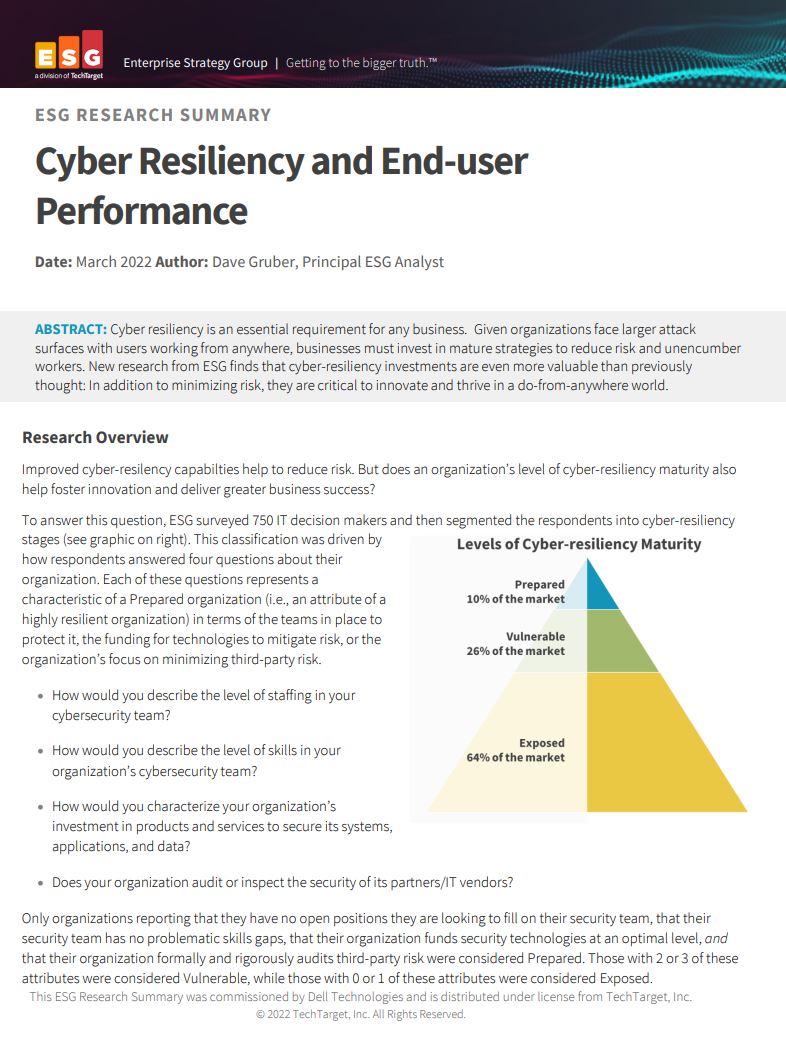Apple patches 'superpower' zero-days affecting iPhones, iPads, and Macs
The RCE and kernel-level bugs may have been actively exploited and could give high-level privileges to attackers


Apple has fixed two zero-day vulnerabilities affecting iOS, iPadOS, and macOS Monterrey that may have been actively exploited.
The first exploit is a remote code execution (RCE) flaw affecting Apple’s proprietary browser engine WebKit, tracked as CVE-20220-32893.
An attacker could maliciously alter a web page and if visited by a WebKit-powered browser, then unauthorised code could run on unpatched devices.
WebKit is Apple’s browser engine and is naturally used to power the native Safari browser on currently supported iPhones and iPads. It’s also the engine that Apple compels app developers to use when building for its mobile devices.
This means even Google Chrome has to forfeit its Blink and V8 engines on iOS and iPadOS, and other browsers also have to use WebKit to pass Apple’s App Store checks.
Other apps that may not be browsers primarily, but have browsing features within them, also use WebKit to display web content which means the vulnerability may have a wide-reaching attack surface.
Devices affected by CVE-20220-32893 include iPhone 6s and later, iPad Pro (all models), iPad Air 2 and later, iPad 5th generation and later, iPad mini 4 and later, iPod touch (7th generation), and macOS Monterrey.
Sign up today and you will receive a free copy of our Future Focus 2025 report - the leading guidance on AI, cybersecurity and other IT challenges as per 700+ senior executives
This vulnerability is the third critical WebKit bug Apple has been made to fix this year after the first two patches were released within weeks of each other at the start of the year.
The second zero-day exploit patched by Apple on Wednesday is a kernel-level code execution bug that can be abused once an attacker gains an initial foothold on an affected device.
Tracked as CVE-2022-32894, one way an attacker could achieve that initial foothold is by exploiting the aforementioned WebKit flaw, according to researchers at Sophos.
This means an attacker “could jump from controlling just a single app on your device to taking over the operating system kernel itself, thus acquiring the sort of ‘administrative superpowers’ normally reserved for Apple itself,” said Paul Ducklin, principal research scientist at Sophos.
Such privileges could afford an attacker the ability to carry out activities such as spying on apps, accessing nearly all data on the device, retrieving locations, using cameras, taking screenshots, activating the microphone, and more, he said.
Like the WebKit flaw, the code required to exploit this vulnerability would have to be embedded within a maliciously crafted web page and executed after the WebKit vulnerability had already been exploited.
RELATED RESOURCE

Cyber resiliency and end-user performance
Reduce risk and deliver greater business success with cyber-resilience capabilities
This zero-day also affects all the aforementioned iPhone and iPad devices, in addition to Macs running macOS Monterrey.
Both issues were caused by an out-of-bounds write issue and were addressed by improving the bounds checking of the vulnerable components.
The two vulnerabilities patched by Apple on Wednesday represent the sixth and seventh zero-day exploits that Apple has been forced to fix this year.
The company also patched a swathe of zero-day vulnerabilities in 2021 including the ForcedEntry exploit used by the notorious Pegasus spyware developed by NSO Group.

Connor Jones has been at the forefront of global cyber security news coverage for the past few years, breaking developments on major stories such as LockBit’s ransomware attack on Royal Mail International, and many others. He has also made sporadic appearances on the ITPro Podcast discussing topics from home desk setups all the way to hacking systems using prosthetic limbs. He has a master’s degree in Magazine Journalism from the University of Sheffield, and has previously written for the likes of Red Bull Esports and UNILAD tech during his career that started in 2015.
-
 Hackers are using LLMs to generate malicious JavaScript in real time
Hackers are using LLMs to generate malicious JavaScript in real timeNews Defenders advised to use runtime behavioral analysis to detect and block malicious activity at the point of execution, directly within the browser
-
 Developers in India are "catching up fast" on AI-generated coding
Developers in India are "catching up fast" on AI-generated codingNews Developers in the United States are leading the world in AI coding practices, at least for now
-
 Experts welcome EU-led alternative to MITRE's vulnerability tracking scheme
Experts welcome EU-led alternative to MITRE's vulnerability tracking schemeNews The EU-led framework will reduce reliance on US-based MITRE vulnerability reporting database
-
 Veeam patches Backup & Replication vulnerabilities, urges users to update
Veeam patches Backup & Replication vulnerabilities, urges users to updateNews The vulnerabilities affect Veeam Backup & Replication 13.0.1.180 and all earlier version 13 builds – but not previous versions.
-
 Two Fortinet vulnerabilities are being exploited in the wild – patch now
Two Fortinet vulnerabilities are being exploited in the wild – patch nowNews Arctic Wolf and Rapid7 said security teams should act immediately to mitigate the Fortinet vulnerabilities
-
 Everything you need to know about Google and Apple’s emergency zero-day patches
Everything you need to know about Google and Apple’s emergency zero-day patchesNews A serious zero-day bug was spotted in Chrome systems that impacts Apple users too, forcing both companies to issue emergency patches
-
 Security experts claim the CVE Program isn’t up to scratch anymore — inaccurate scores and lengthy delays mean the system needs updated
Security experts claim the CVE Program isn’t up to scratch anymore — inaccurate scores and lengthy delays mean the system needs updatedNews CVE data is vital in combating emerging threats, yet inaccurate ratings and lengthy wait times are placing enterprises at risk
-
 IBM AIX users urged to patch immediately as researchers sound alarm on critical flaws
IBM AIX users urged to patch immediately as researchers sound alarm on critical flawsNews Network administrators should patch the four IBM AIX flaws as soon as possible
-
 Critical Dell Storage Manager flaws could let hackers access sensitive data – patch now
Critical Dell Storage Manager flaws could let hackers access sensitive data – patch nowNews A trio of flaws in Dell Storage Manager has prompted a customer alert
-
 Flaw in Lenovo’s customer service AI chatbot could let hackers run malicious code, breach networks
Flaw in Lenovo’s customer service AI chatbot could let hackers run malicious code, breach networksNews Hackers abusing the Lenovo flaw could inject malicious code with just a single prompt